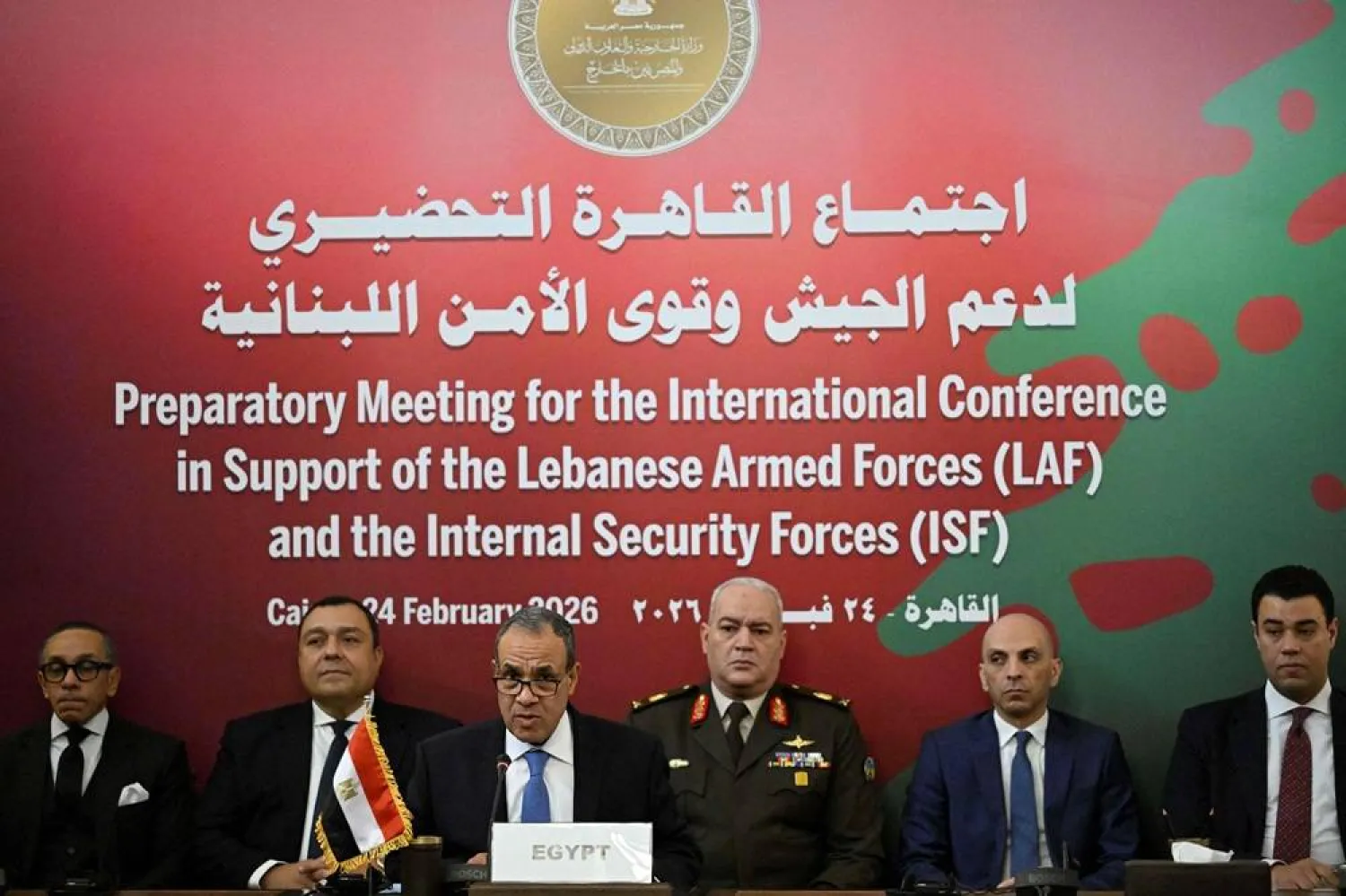Reem Abu Hayyah, just three months old, was the only member of her family to survive an Israeli airstrike in the Gaza Strip late Monday. A few miles (kilometers) to the north, Mohamed Abuel-Qomasan lost his wife and their twin babies — just four days old — in another strike.
More than 10 months into its war with Hamas, Israel's relentless bombardment of the isolated territory has wiped out extended families. It has left parents without children and children without parents, brothers or sisters.
And some of the sole survivors are so young they will have no memory of those they lost, The AP reported.
The Israeli strike late Monday destroyed a home near the southern city of Khan Younis, killing 10 people. The dead included Abu Hayyah's parents and five siblings, ranging in age from 5 to 12, as well as the parents of three other children. All four children were wounded in the strike.
“There is no one left except this baby,” said her aunt, Soad Abu Hayyah. “Since this morning, we have been trying to feed her formula, but she does not accept it, because she is used to her mother’s milk.”
The strike that killed Abuel-Qomasan's wife and newborns — a boy, Asser, and a girl, Ayssel — also killed the twins' maternal grandmother. As he sat in a hospital, stunned into near-silence by the loss, he held up the twins' birth certificates.
His wife, Joumana Arafa, a pharmacist, had given birth by Cesarean section four days ago and announced the twins' arrival on Facebook. On Tuesday, he had gone to register the births at a local government office. While he was there, neighbors called to say the home where he was sheltering, near the central city of Deir al-Balah, had been bombed.
“I don’t know what happened,” he said. "I am told it was a shell that hit the house.”
The Israeli military did not immediately respond to a request for comment on the strikes.
The United Nations estimated in February that some 17,000 children in Gaza are now unaccompanied, and the number is likely to have grown since.
The Abu Hayyah family was sheltering in an area that Israel had ordered people to evacuate from in recent days. It was one of several such orders that have led hundreds of thousands to seek shelter in an Israeli-declared humanitarian zone consisting of squalid, crowded tent camps along the coast.
The vast majority of Gaza's population has fled their homes, often multiple times. The coastal strip, which is just 25 miles (40 kilometers) long by about 7 miles (11 kilometers) wide, has been completely sealed off by Israeli forces since May.
Around 84% of Gaza's territory has been placed under evacuation orders by the Israeli military, according to the United Nations.
Many families have ignored the evacuation orders because they say nowhere feels safe, or because they are unable to make the arduous journey on foot, or because they fear they will never be able to return to their homes, even after the war.
Abuel-Qomasan and his wife had heeded orders to evacuate Gaza City in the opening weeks of the war. They sought shelter in central Gaza, as the army had instructed.









